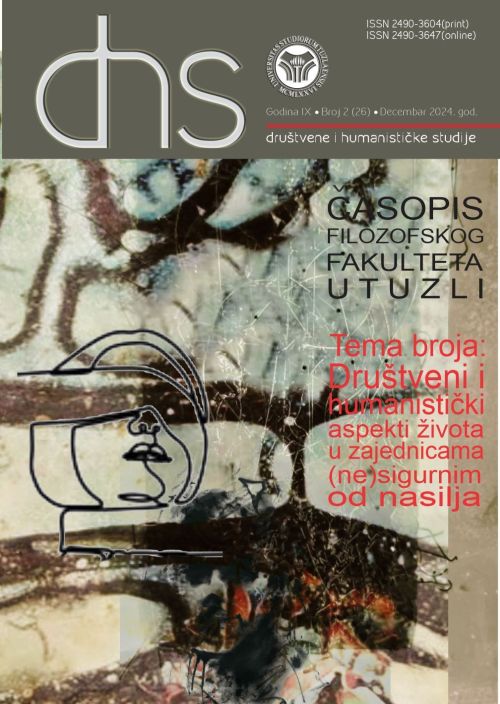Lack of Trust between Ethnic Groups in Post-Ethnic Conflict Societies: Cases of Zimbabwe and Bosnia-Herzegovina
Lack of Trust between Ethnic Groups in Post-Ethnic Conflict Societies: Cases of Zimbabwe and Bosnia-Herzegovina
Author(s): Berina Beširović, Kudzai Cathrine BINGISAISubject(s): Comparative history, Political history, Social history, Peace and Conflict Studies
Published by: Filozofski fakultet Univerziteta u Tuzli
Keywords: peace agreement; Zimbabwe; Bosnia and Herzegovina; ethnic conflict; social cohesion; power-sharing;
Summary/Abstract: This paper shows how the processes of trust-building and power-sharing are evolving in the cases of Zimbabwe and Bosnia-Herzegovina after the conflict. The paper’s focus lies on lack of trust between different ethnic groups in the post-war period in terms of building political institutions and common political identity. Zimbabwe ethnic tensions originating from the Gukurahundi (1983-1987) between the Shona and the Ndebele people spilt over to the post-ethnic conflict society. Despite having the peace agreement known as the Unity Accord of 1987 to reduce tension in Zimbabwe, power-sharing remains the most untapped area for discussion. Similarly, the war in Bosnia-Herzegovina (1992-1995) and the ethnic distribution of power given by the Dayton Peace Agreement are still one of the most significant elements of uncertainty and insecurity with dysfunctional ethnically based power-sharing as a result. With this review paper, we tend to answer several questions: What is the primary source of distrust and insecurity in post-conflict societies in Zimbabwe and Bosnia concerning the origins of those issues? What are the efforts of state institutions to promote unity and peace, and how do these peace accords affect institution-building processes?
Journal: DHS-Društvene i humanističke studije: časopis Filozofskog fakulteta u Tuzli
- Issue Year: XXVI/2024
- Issue No: 26
- Page Range: 333-352
- Page Count: 20
- Language: English

